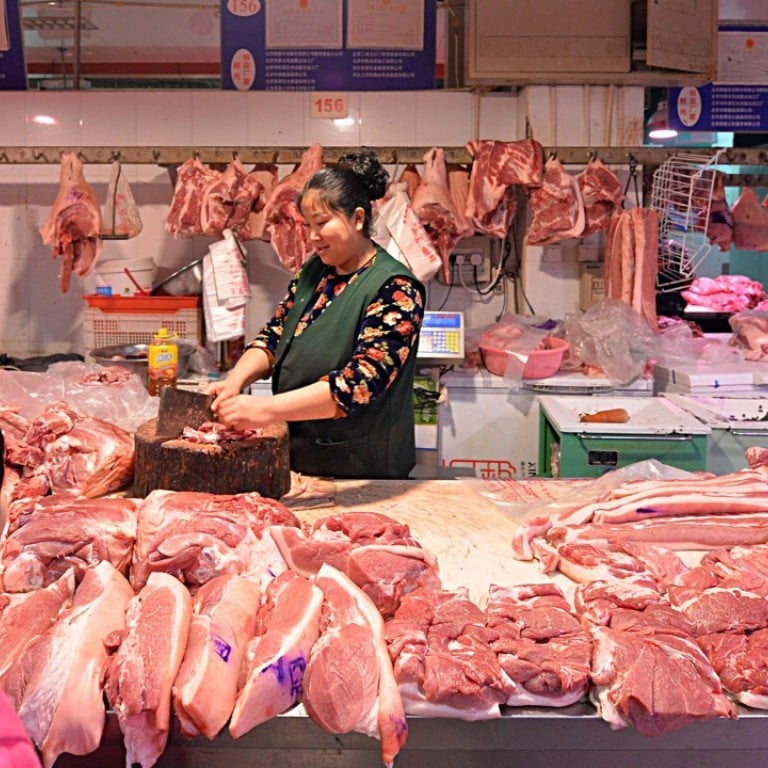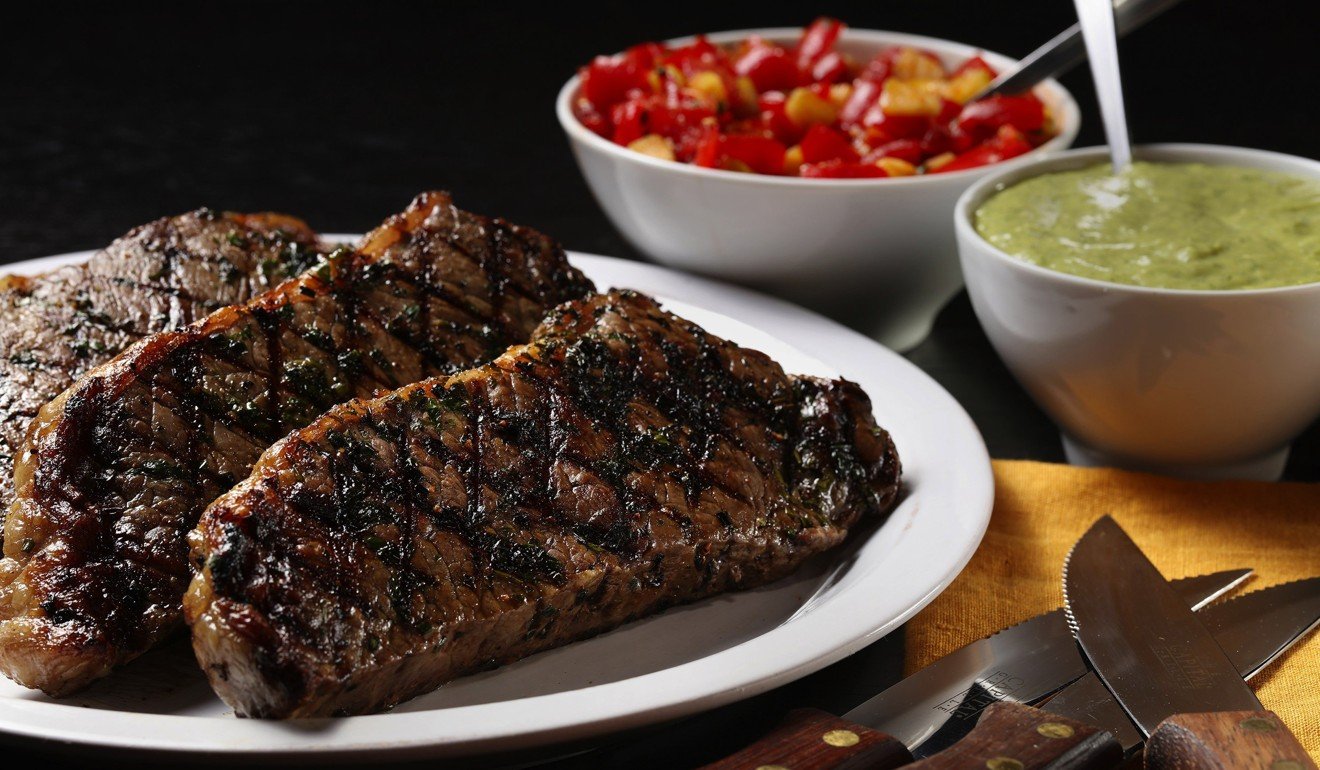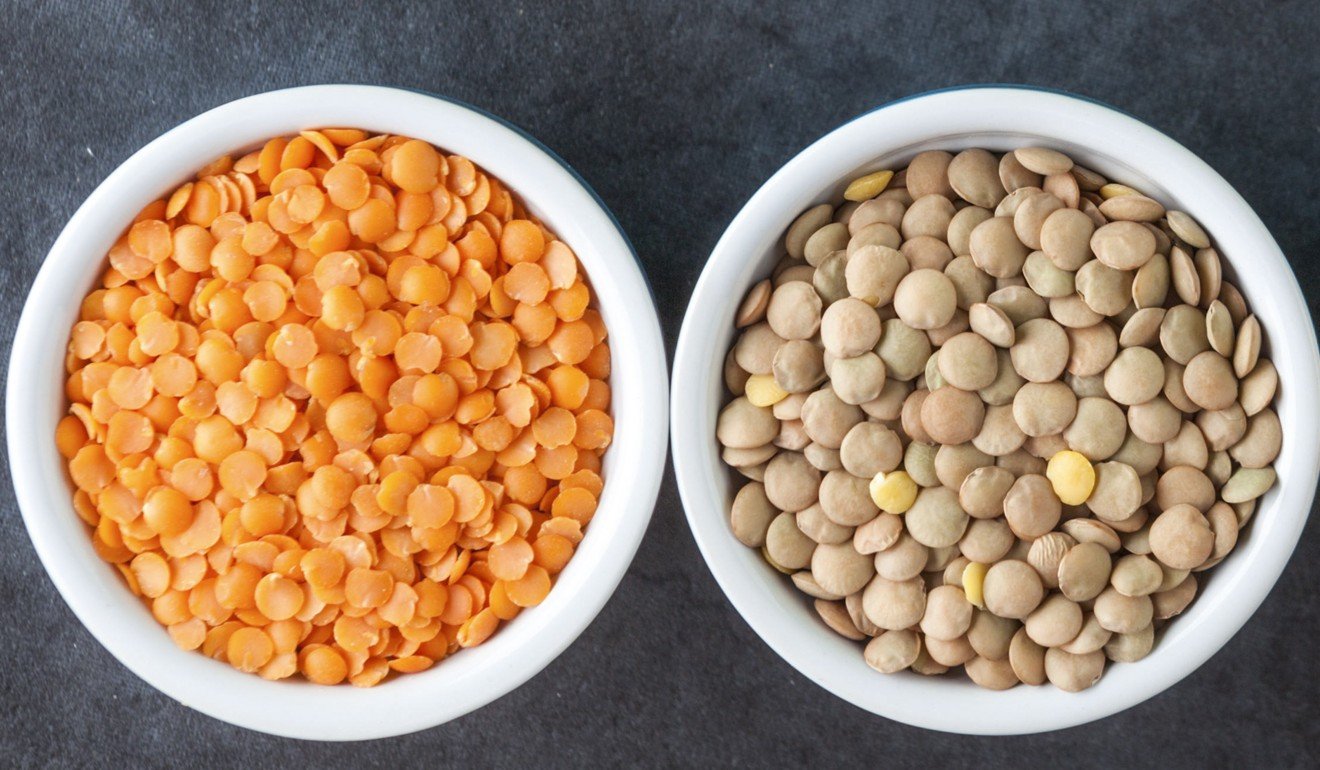
How keto, Paleo and Atkins diets could shorten your life, and what to eat instead
Low-carb diets are popular because they are said to reduce the risk of heart disease and diabetes, but new research shows those heavy on meat and cheese are deadlier than a high-carbohydrate diet
Have you been living a low-carb life? Diets that replace carbs with protein or fat – think Atkins, South Beach, Paleo, keto – are popular largely based on claims that they lead to weight loss and reduced risk of cardiovascular disease and Type 2 diabetes. However, new research suggests that replacing carbohydrates with animal fat and protein, as most low-carb diets do, is linked to a shorter lifespan.
Many randomised controlled trials – typically the gold standard in research – have found short-term benefits for weight and health with low-carb diets, although that’s not a given. Because they were short-term studies, they haven’t been able to assess how low-carb diets affect longevity. So a team from Harvard University and the University of Minnesota looked at observational data from a large study of atherosclerosis risk.
Things I lost on the carnivore diet: weight, energy, will to live
The results, published in August in Lancet Public Health, find a potential danger in low-carb diets. Based on carbohydrate intake alone, researchers estimated that a 50-year-old participant who eats less than 30 per cent carbs will live to be 79.1 years old, compared with 82 years for someone eating more than 65 per cent carbs.
This dovetails with new research presented at the European Society of Cardiology Congress in August. Researchers from the Medical University of Lodz in Poland looked at data from 24,825 participants in the US National Health and Examination Survey collected from 1999 to 2010. Those with the lowest carbohydrate intake had a 32 per cent higher risk of dying overall compared with participants who ate the most carbs.

When the authors looked specifically at deaths from heart disease or stroke, the risk was 50 per cent higher. Lead author Maciej Banach said the data suggested that although low-carb diets might be useful in the short term, they have risks, not benefits, in the long term.
It turns out that’s not the whole story, though. To explore whether these results were due to carbohydrate intake or something else, the authors of the Lancet study examined a number of other diet and lifestyle factors known to affect health and longevity. Noting that many previous studies of carbohydrate intake haven’t factored in the effects of our other food choices, the authors homed in on exactly what types of protein and fat participants on low-carb diets were replacing their carbs with.
Some participants who reduced carbs consumed more animal-based protein and fat; their diets include more beef, pork, lamb, chicken and cheese. Other participants chose more plant-based protein and fat; their diets included more nuts, peanut butter, dark or whole-grain breads, chocolate and vegetables.

Overall, the animal-based low-carb eaters had diets higher in protein and saturated fat than the plant-based low-carb eaters. The risk of early death went up for those who had chosen more animal-based protein and fat, but those who had swapped carbs for plant-based protein and fat lived longer. This turned out to be the case at all levels of carb intake, suggesting that it’s the types of foods we choose, rather than the amount of carbohydrates, that matters most.
Vegan bodybuilder and trainer talks about his diet, shares recipes
Diets high in animal protein, especially red and processed meat, and saturated fat have been consistently linked to increased risk of cardiovascular disease, diabetes, cancer and reduced lifespan, especially if they are also low in fibre, antioxidants and other nutrients found in vegetables, fruits and other plant foods.
One limitation of this study is that it asked participants about their diets twice during the 25-year study, at the beginning and six years later, so it’s possible that eating habits changed in the ensuing years. Because the study is observational, not clinical, it can’t establish cause and effect.
However, the authors also conducted a meta-analysis of other studies that looked at carb intake and longevity, including some that specifically looked at consumption of animal and plant foods, and found similar results.

Your best bet for healthy ageing? Avoid extremes by eating low to moderate amounts of carbohydrates – emphasising higher-fibre carbs such as vegetables, fruits and whole grains – and make a shift to getting more of your protein and fat from plant foods.
For protein, turn to beans, lentils, nuts, seeds and less processed soy foods such as tofu, tempeh and edamame. These foods also contain fibre, which most people don’t get enough of. For fats, look to avocados, avocado oil, olive oil, and nut and seed oils.

